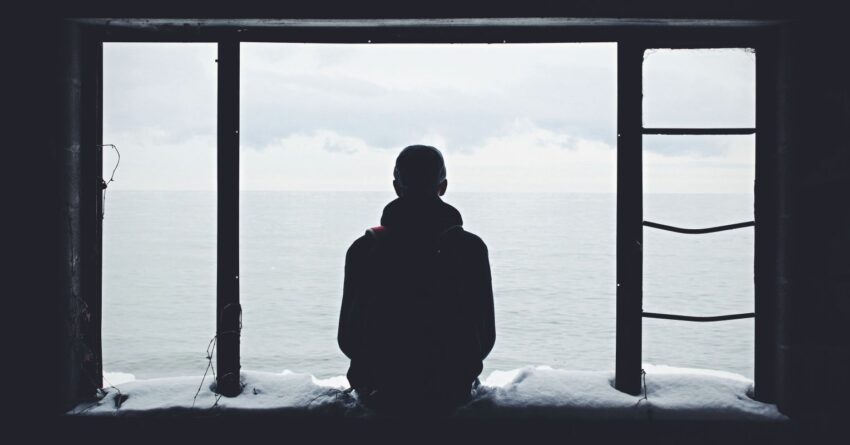How intense is your reaction to a colleague dismissing you, a friend criticizing you, or a romantic interest breaking up with you? Is it just a bummer or highly debilitating? Do you get over it quickly, or does it stay for a painfully long time? Does it trigger searing emotional pain?
Many people have some degree of rejection sensitivity—a term psychologists use to describe being highly sensitive to rejection cues and having a particularly strong emotional response to rejection—probably because it evokes an unhealed memory of being rejected at some point earlier in life.
Of course, the need to belong is deep-seated, instinctual, natural, and healthy. Throughout history, humans have lived in social groups, tribes, and families. From birth through old age, our connection to others is essential for survival. We need each other for physical safety, psychological health, community, and connection.
We’re wired to seek social approval. As we find in studies and I describe in my book Sovereign, babies as young as four months prefer voices that have the sound of acceptance as opposed to rejection. From childhood, we have been taught the importance of fitting into our families, schools, friend groups, and communities. Throughout adulthood, we continue to shape our behavior for our romantic partners, friend circles, communities, and workplaces. Consciously or unconsciously, we adapt to norms for gender, country, religion, community, and culture.
Even rebels conform. Many motorcycle clubs, for example, stand by values of freedom and defiance, as exemplified by motorcycle slogans like “To prove them wrong, be a rider” and “Ride free or die.” Yet these clubs also tend to have strict codes of conduct, strong established hierarchies, and expectations of obedience to club norms. Their motorcycle club gear and tattoos may be a show of rebelliousness, but they’re actually a standardized uniform. All humans—no matter how badass and tough they appear—have the same tender vulnerability: the need to belong.
From an evolutionary standpoint, being an outcast often meant death. Maybe that’s why we evolved to experience rejection as so painful—it activates similar brain regions to those activated by physical pain.
Heal Relationship Insecurity and Rejection Sensitivity
1) Remember the Liking Gap: You are also more likable than you know. Studies have found that most people underestimate how much another person likes them and enjoys their company—the liking gap.
2) Meditate to increase self-awareness: Self-awareness allows you to look at those big emotional reactions to rejection, identifying the false beliefs behind them (e.g., I am not good enough), and, when you feel yourself getting triggered, turning that into a moment of self-reflection rather than self-blame. Self-awareness can help you understand that the other person’s opinion or behavior may have nothing to do with you at all. You can use an app that I use, SATTVA.
Try the loving-kindness meditation. My colleague Cendri Hutcherson and I ran a study on loving-kindness meditation (a meditation that helps you experience unconditional love) and found that the more sensitive people felt to rejection, the more they benefited from this meditation because it helped them recall the love they received from others while also giving them the benefit of extending love to others. It conditions you to connect to yourself and others. Here’s a link to the meditation we used.
3) Reflected Best Self Exercise: If you give yourself affirmation, you won’t need it as much from others. Exercises like this, in which you gather feedback on your strengths (times you showed up as your best self) from people who know you well, can help a lot here, too. They are a way to collect objective information that directly contradicts any insecure feelings you might have.
For more tips, check out my new book, SOVEREIGN: Reclaim Your Freedom, Energy, and Power in a Time of Distraction, Uncertainty, and Chaos.
